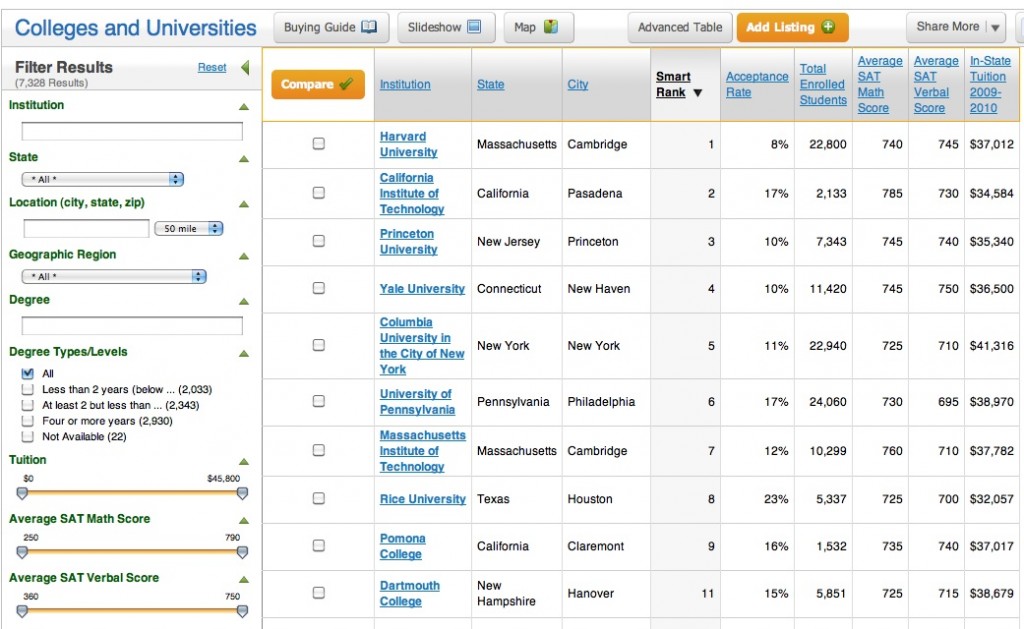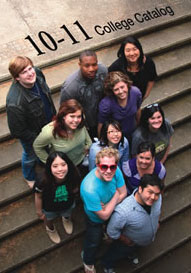Getting inside the mind of an admissions counselor gives parents and students valuable information and insight. Parliament Tutors is conducting interviews with admissions counselors all across the country and they asked me to post one of them on my blog. I was happy to oblige because the answers to their questions give applicants an idea of what they consider to be important in the college application process.
**********
A special thanks to Jordan Hassell for participating in our Admissions Spotlight Series. Mrs. Hassell is an admissions officer at Berry College in Rome, Georgia. Joseph Fernandez from Parliament Tutors conducted this interview.
 As an Admissions Counselor, what are your day-to-day responsibilities?
As an Admissions Counselor, what are your day-to-day responsibilities?An Admissions Counselor works with prospective students from the time they first become interested in Berry College until they begin classes as a new student. We attend college fairs and visit high schools to share information about Berry. We meet with students when they visit campus, we correspond with them throughout the admissions and financial aid processes and we read their applications to make recommendations on admission decisions.
What do you consider the most significant parts of an application, the parts which applicants should prepare the most carefully?
At Berry, we are mostly concerned with a student’s academic record. Students should pay careful attention to their high school curriculum choices, maintain a strong GPA in core classes and maximize their SAT/ACT scores.
What common pitfalls should applicants be careful to avoid?
Avoid being lazy through the application process. Be sure to complete all required sections of the application, submit a thoughtful essay, use proper grammar and punctuation instead of text lingo and pay attention to deadlines.
Are there any myths about the application process which you would like to dispel?
While we do look for active and well-rounded students, extracurricular activities and multiple recommendation letters do not allow us to overlook deficiencies in the academic record.
What advice would you give to an applicant with below-average test scores but significant work experience?
Maximize your test scores by taking more than one exam. Take advantage of free test prep resources through your school or public library. Use your resume and essay to highlight how you are prepared for college coursework.
What do you look for in a letter of recommendation?
We like to see candid details about a student’s preparation for success in college. We also verify a student’s academic and disciplinary records.
How much faith do you have in the ability of the SAT or ACT to predict success in college?
While scores are not the only factor considered, combined with GPA and rigor of curriculum, exam scores do serve as an indicator of potential success in college coursework.
Suppose an applicant has little or no experience relevant to your program, but has significant experience in other fields. What can that applicant do to distinguish himself or herself as a good candidate for your program?
Complete a solid high school curriculum, earn strong grades and maximize SAT/ACT scores by taking more than one exam. Share details in your college essay that may help us understand how your interests and experience will contribute to our college community.
This is interview was conducted by Joseph Fernandez, an SAT Tutor from Parliament Tutors — an Houston Tutoringcompany.








